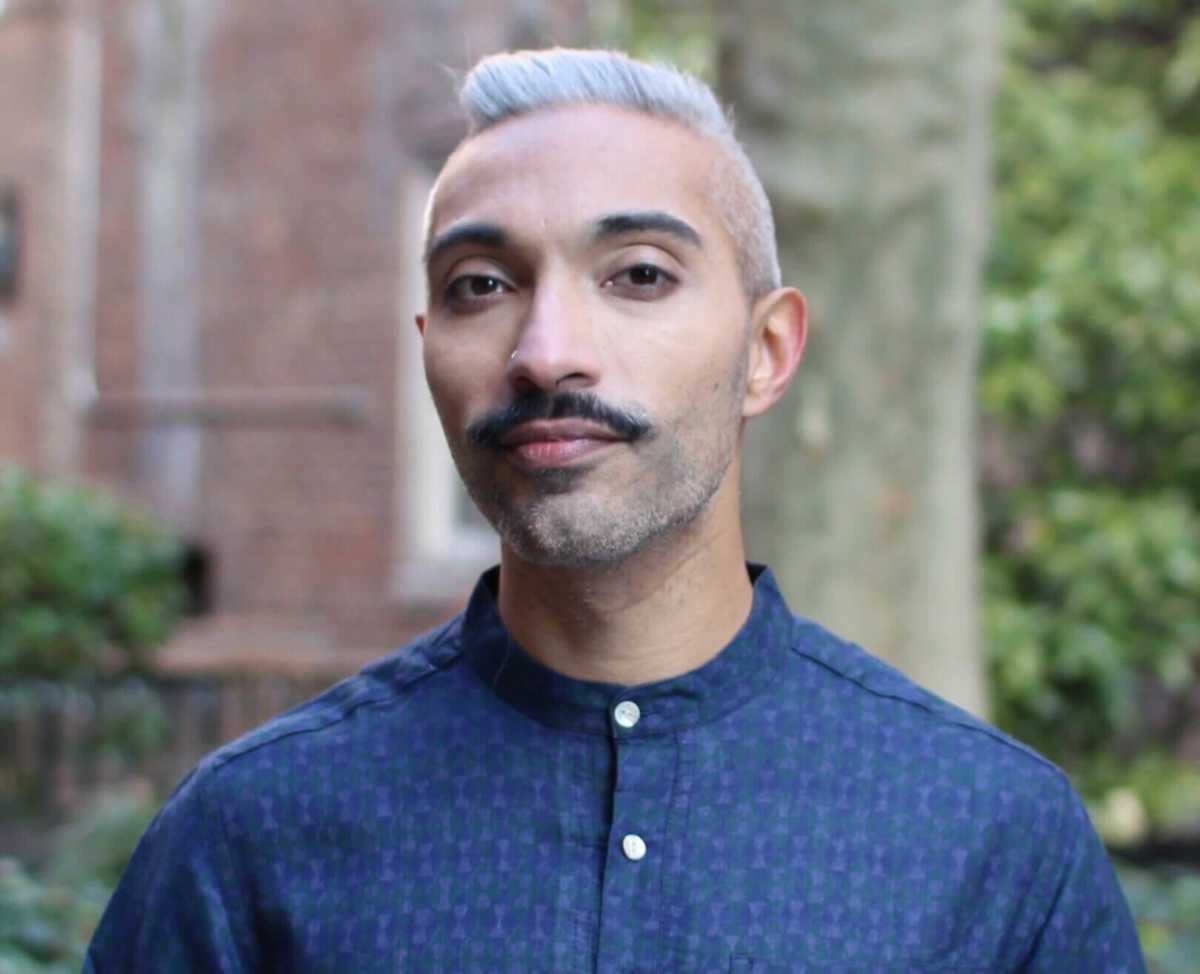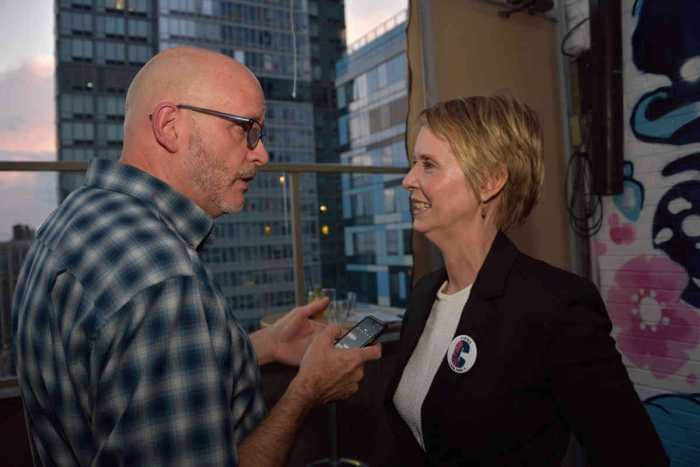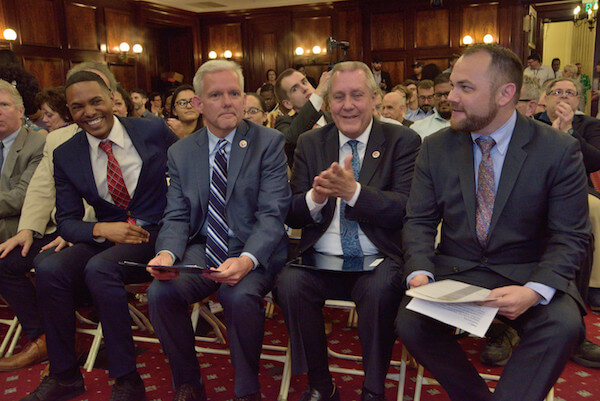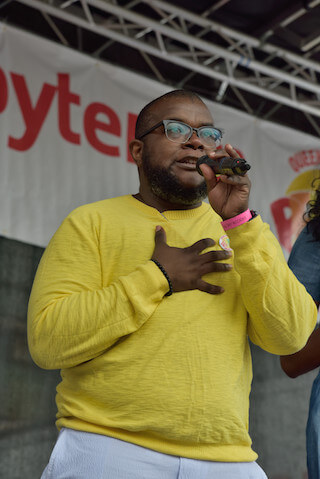Out queer Queens City Council candidate Amit Singh Bagga, an immigrant advocate and former Census outreach administrator, is running to represent the 26th Council District in Woodside, Sunnyside, Long Island City, and Astoria — and he could make history as the first LGBTQ South Asian person elected to the New York City Council.
With more than a decade of political experience, Bagga is putting a focus on communities of color and marginalized New Yorkers who are often left in the dark.
“To truly achieve the racial and immigrant and gender justice that we are all fighting for collectively, we need to achieve economic justice,” Bagga said. “For that to happen, we need to have a city that is truly shaping its economy to work for all New Yorkers.”
If elected, Bagga said he would also be the first out LGBTQ South Asian elected official in the nation.
“For me, being a person of color, being a queer person, being the son of immigrants, always being an outsider fighting for respect and relevance through room after room not designed for someone like me — it was really important to me that I brought the fight on behalf of South Asians, on behalf of queer folks, to the City Council.”
Bagga faces a tight race with multiple opponents, including activist Julie Won and organizer Lorenzo Brea, in a campaign for a seat held by out gay term-limited City Councilmember Jimmy Van Bramer, who is also running for Queens borough president.
Bagga is known for leading outreach for the 2020 Census and also helped establish IDNYC, the city’s municipal identification program that can be used for banking and allows patrons to self-declare their gender identity. He has also worked on efforts to bring paid sick leave for New Yorkers.
To date, Bagga leads the campaign finance effort with an estimated balance of $122,804, topping Won, who has $113,935, and Brea, who has $111,395, according to the New York City Campaign Finance Board.
Bagga supports the full decriminalization of sex work and wants to bring paid sick leave to workers in the industry. He is also calling for a cut of at least $1 billion from the NYPD, the closing of the Rikers Island jail (In 2019 the City Council voted to close Rikers and replace it with smaller jails by 2026), and an end to solitary confinement (The HALT Solitary Confinement Act, curtailing the use of solitary to 15 days, was approved by the State Legislature in April). This proposal comes nearly two years after Layleen Xtravaganza Cubilette-Polanco, an Afro-Latinx transgender woman, died at Rikers after she endured a fatal health emergency in her “restrictive housing” cell while guards left her alone.
Additionally, Bagga supports building a robust healthcare infrastructure for undocumented immigrants, gig workers, and individuals ineligible for Medicaid. He supports the creation of a single-payer model, though that issue will be left to the State Legislature, not the City Council. The city can make a difference in healthcare, though, and according to Bagga’s campaign site, he wants to build on NYC Care, a program that provides low-cost and no-cost care from NYC Health and Hospitals for those who don’t qualify for health insurance or cannot afford it.
“This is a district where there’s no safe place to give birth,” Bagga said. “There’s no place where queer folks or communities of color can go get culturally and linguistically responsive healthcare that is publicly funded and fully accessible. We don’t have any hospitals in this district. It is very imperative that we expand publicly funded health care.”
Bagga’s professional journey followed a difficult experience as a teenager. He came out and learned early on the weight of anti-LGBTQ stigma, driven by homophobic bullying he faced while in school. That facilitated a struggle between his queer and South Asian identity.
“It felt as though I was being ripped apart, that I had to be two completely different people if I wanted to survive,” Bagga said.
He credits his family for opening their heart and doing the internal work to shape his perspective. Now he knows he can bring his entire self to the world — not just parts in isolation.
“Today, I feel very deeply and strongly connected to both of these identities,” he said. “They’re deeply intertwined.”
Even in the face of Bagga’s accomplishments, he knows all too well what it’s like to be “sidelined and written off” just for occupying space as a queer person of color. He wants LGBTQ people to remind themselves of their worth.
“You need all the support around you from the outside,” he said. “But the greatest source of strength that you can ever attempt to cultivate is from within.”
To sign up for the Gay City News email newsletter, visit gaycitynews.com/newsletter.





































